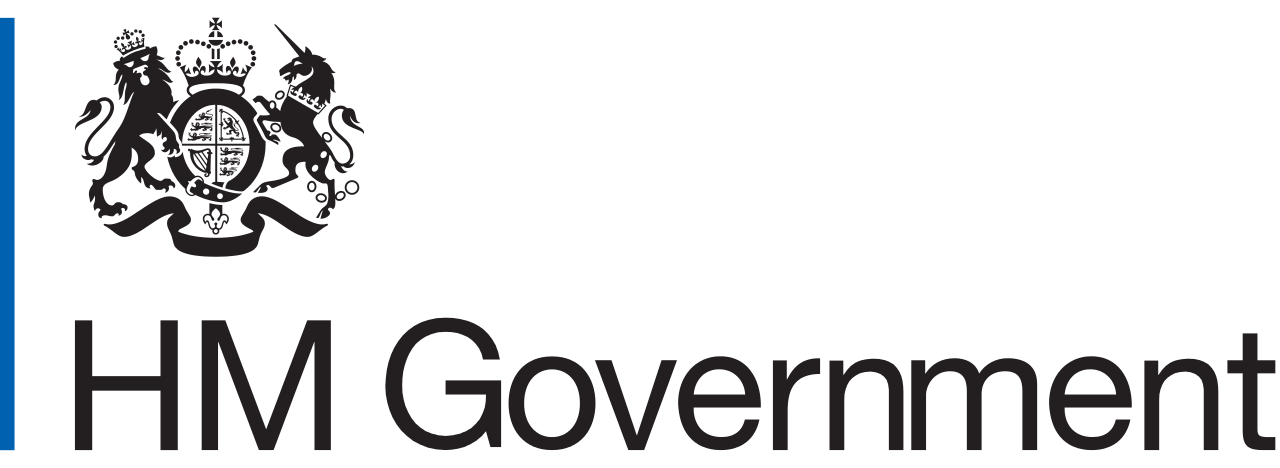Suffolk bosses are drawing up plans for the county to take a giant leap into the space sector.
Business chiefs are currently working on a regional strategy to get involved in the lucrative space industry and promote firms already working in the sector.
The New Anglia Local Enterprise Partnership has confirmed it is working on the plans with a host of star names across the county, including the University of Suffolk, BT Adastral Park, OrbisEnergy, Suffolk County Council, CEFAS and the Innovation Martlesham cluster of tech companies.
Chris Starkie, chief executive of the New Anglia LEP, said: “We know that there are a number of businesses and research institutes in Suffolk who are engaged with the UK’s growing space sector. We need to promote these capabilities to the wider industry and beyond.
“There are a range of exciting uses of space technologies that can – and should – be promoted far more extensively for the benefit and growth of the whole region.
“The work will help to identify applications of space and satellite technologies to boost jobs and support diverse sectors such as precision agriculture, offshore wind farm monitoring, coastal and marine science research, transport and logistics.
“Our existing technology strengths and innovation assets such as Adastral Park and CEFAS, in particular, present exciting opportunities for Suffolk to become a UK leader in the supply chain for the global space sector.”
The LEP said it is currently building strong relationships with key industry organisations, including the European Space Agency, the UK Space Agency and Satellite Applications Catapult.
The regional plan follows the publication of the Government’s National Space Strategy in September, which said the industry is worth more than £16billion to the economy.
A Suffolk County Council spokesman said: “There is significant interest from stakeholders around the region on the wider impacts and commercial opportunities the space sector brings, for example, earth observation makes up a significant element of the technologies that organisations like CEFAS and UEA use to conduct their marine and environmental-related research.
“Similarly BT have long been pioneers in developing the technology that goes into satellite applications.
“The University of Suffolk is developing its capabilities in digital – data sciences, artificial intelligence, and machine learning – which are all allied to space sector innovation.”
More information and a launch event are expected over the coming months.




